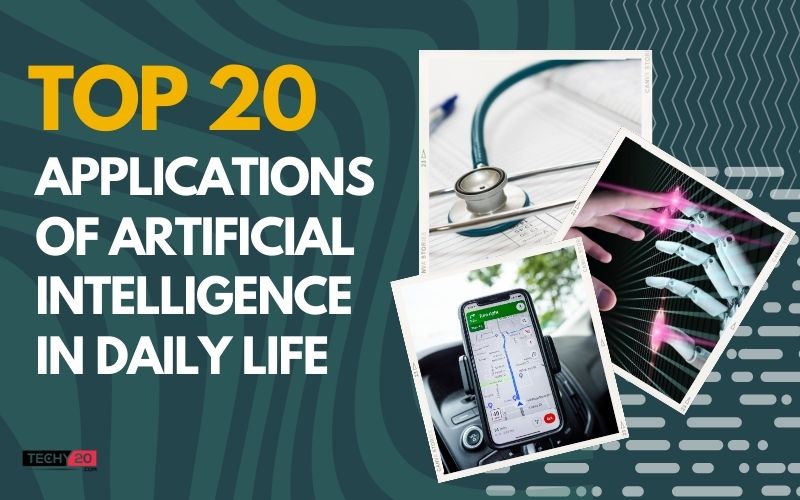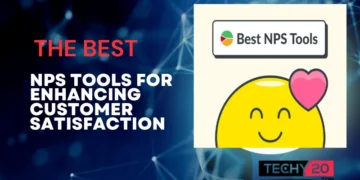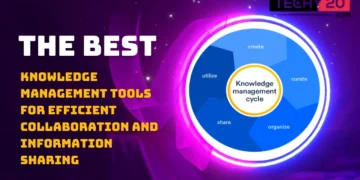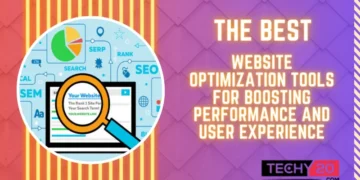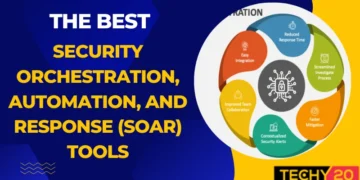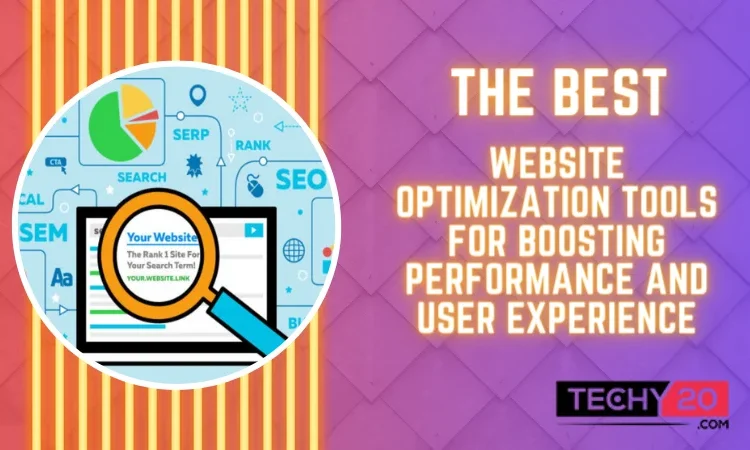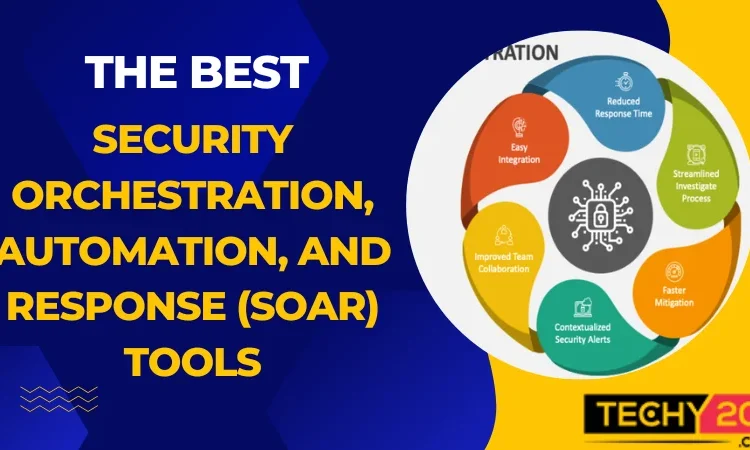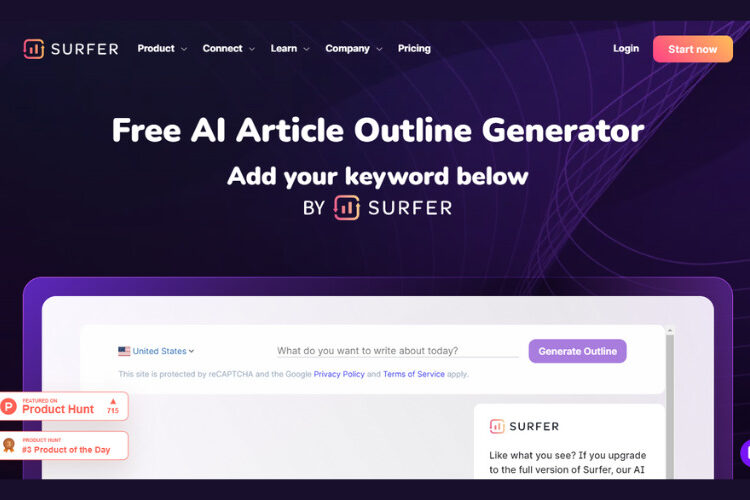Through repeated processing and algorithmic training, computer programmes can learn from experience.Since each interaction enables the system to test and measure solutions and gain expertise in the task at hand, AI systems become smarter with every successful round of data processing. AI systems can become experts far faster than people can, which makes them very effective alternatives for any process involving intelligent decision-making. This can be done quickly, considerably faster than the rate at which a human being would be able to execute an identical job. Since it essentially enables computers to think and act like humans, but at much quicker speeds and with considerably more processing capability than the human mind can provide, this makes AI an extraordinarily powerful and tremendously useful technology. The main factor driving AI technology’s importance to the current economy is that it can frequently, and for a wide range of applications, greatly outperform humans. Artificial intelligence is pervasive and is actively involved in our daily lives, whether or not we are aware of it.
1. Healthcare Industry
Artificial intelligence has proven to be a game-changer in the healthcare sector, enhancing almost every element of the sector, from robot-assisted surgeries to protecting private records from cybercriminals. Workflow assistants help doctors free up 17% of their schedules; pharmaceutical companies research life-saving drugs in a fraction of the time and cost it typically takes; and AI is even being used to help provide healthcare to underdeveloped countries. AI-enabled virtual assistants are reducing unnecessary hospital visits and giving nurses 20% of their time back in the process.

2. Self-Driving Cars
The advent of the self-driving automobile business is essentially being driven by artificial intelligence. These vehicles are jam-packed with sensors that continually record what is happening around them and use artificial intelligence to make the appropriate modifications. In a split second, these sensors gather hundreds of data points each millisecond (such as speed limit, road conditions, pedestrian location, other vehicles, etc.) and employ artificial intelligence (AI) to help analyse the data and take appropriate action. Although we may have a way to go before we can fully engage in autonomous driving, the businesses listed below are laying the groundwork for that future.
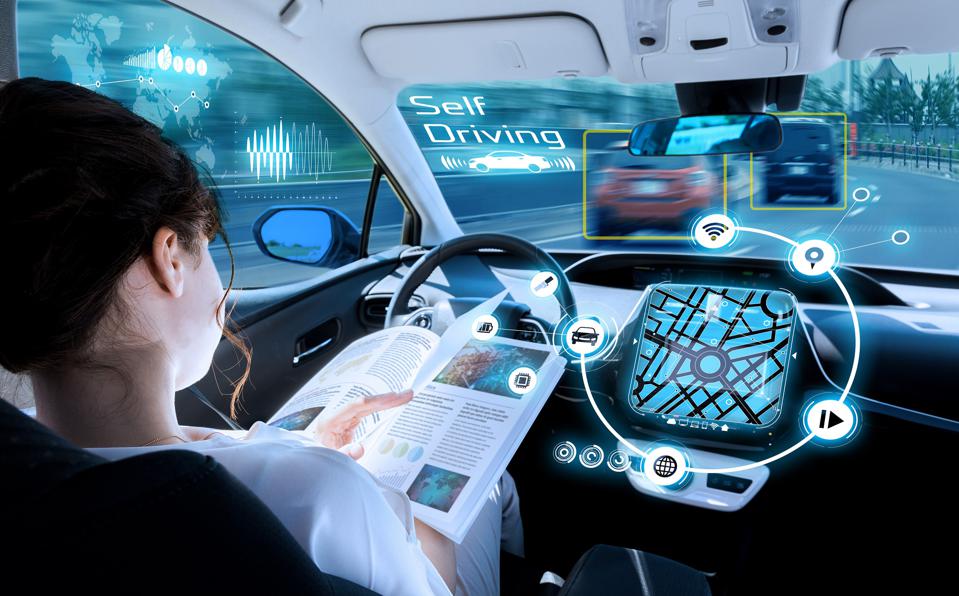
3. Robotics
The AI-powered robots of today, or at least the ones that are thought of as such, do not have the general intelligence that comes from the natural world, but they can solve problems and have limited “thoughts.” Sophia, a social-learning robot developed by Hanson, is extraordinarily sophisticated. Sophia is able to effectively communicate using natural language and human-like emotions through the use of facial expressions thanks to AI. Over the past few years, Sophia has appeared on numerous talk shows, developing a bit of a media celebrity. Even the robot now claims Saudi Arabia as its home country.

4. Diagnostics
AI in healthcare can improve patient outcomes overall, improve preventative care and quality of life, and create more accurate diagnosis and treatment strategies. By examining data from the public sector, the medical industry, and other sources, AI can also forecast and monitor the spread of contagious diseases. Covera Health is collaborating on data exchange and applying clinical analysis to lower the number of patients who receive incorrect diagnoses globally. The company’s proprietary technology uses a framework that combines cutting-edge data science and artificial intelligence to sort through existing diagnostics and give practitioners more accurate symptom data when making a decision that will significantly affect a patient’s life—reducing the cascading effects of negligent care.

5. Virtual Assistant
A virtual assistant, also known as an AI assistant or a digital assistant, is an application programme that can recognise natural language voice commands and carry out the user’s requests. These duties, which were traditionally carried out by a personal assistant or secretary, include taking dictation, reading text or email messages aloud, looking up phone numbers, scheduling, making phone calls, and reminding the user of meetings. Advanced artificial intelligence (AI), natural language processing, natural language comprehension, and machine learning are all used by digital assistants to create a personalised, conversational experience. Currently, popular virtual assistants include Amazon Alexa, Apple’s Siri, Google Assistant, and Microsoft’s Cortana (the digital assistant built into Windows Phone 8.1 and Windows 10).

6. Personal Health Guidance
Well’s patented AI-powered “health engine,” which helps tailor health counselling for each user based on their pre-existing conditions, ongoing health issues, and knowledge gaps in general health, directs users along the best health journey. In addition to offering points that can be redeemed at stores for completing challenges and supporting communities, the health engine combines personal and external health data to provide informed advice based on the experiences of other users. Users can get assistance from the engine with everything from screenings and questionnaires to prescription support, vaccination advice, suggested doctor visits, and guidance for specific conditions.

7. Navigation
At some point in our lives, we may have employed navigation tools or people to help us find our way. It is a routine aspect of life for many people. You use AI-enabled services to get from one point to another, whether you use maps for navigation or a taxi service like Uber. To make an idea a reality, there are many geocoding and map API tools available. You can commute more effectively thanks to the use of AI, which is used by Google, Apple, and many other navigation-related service providers to analyse the vast amounts of information collected.

8. Machine Learning
Doctors and other medical professionals can use AI to accelerate and optimise crucial clinical decision-making by utilising current and exact data. In order to create high-volume prognostic test support tools and strategies for long-term access to their sophisticated diagnostic services, PathAI collaborated with the Bill & Melinda Gates Foundation and Philips. The company’s machine learning algorithms assist pathologists in analysing tissue samples and providing more precise diagnoses. The objective is to enhance treatment as well as diagnostic precision. The technology used by PathAI can also choose the best individuals to participate in clinical trials.

9. Search Engines
The search results you see and the relevant topics you are prompted to learn more about are both influenced by artificial intelligence (AI). Search engine ranking of websites, videos, and other information for search results is the main application of AI in search. For the purpose of ranking content, Google (and other search engines) uses sophisticated AI. Numerous guidelines that prioritise various factors, from the kinds of keywords in your content to the user experience of your site, are included in the algorithms utilised by these AI systems.

10. Healthcare App
Improved preventative measures, financial savings, and reduced patient wait times can all be achieved by using AI to produce faster and more accurate outcomes. Pager uses artificial intelligence to assist people with minor aches, pains, and illnesses. Using the Pager app, anyone can text chat with a nurse around-the-clock, get their medicines dispensed as needed, and video chat with a doctor. In order to identify gaps in a patient’s healthcare, the company uses machine learning to evaluate clinical and claims data. This concierge-like service assists patients with appointment scheduling and financial transactions, in addition to giving healthcare suggestions.
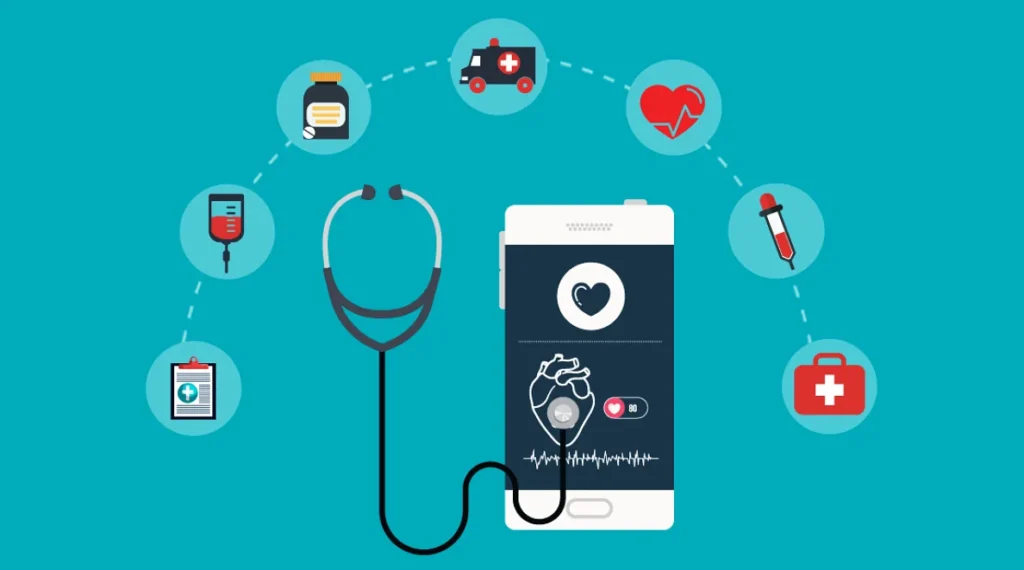
11. Travelling
In order to book flights, accommodations, and rental cars online, passengers can now use AI assistants and intelligent chatbots in place of traditional travel agents. These chatbots are used on social media platforms including Facebook Messenger, Whatsapp, Skype, and Viber to provide users with a more tailored booking experience. Hopper uses artificial intelligence to forecast when you’ll be able to find the best deals on lodging, transportation, and vacation rentals. With the most recent prices displayed, the company’s AI will examine hundreds of reservations. This AI is capable of a great deal more, though.

12. Drug Discovery
In order to predict the binding of tiny compounds to proteins, Atomwise’s algorithms use technologies based on convolutional neural networks to gather knowledge from millions of experimental reactivity evaluations and millions of protein shapes. The company’s AI has increased hit rates by 10,000x and screens 10 to 20 million compounds each day while detecting patient features for clinical trials. Technology is accelerating the work of chemists by giving them the ability to analyse billions of chemicals and pinpoint potential drug discovery regions. Some of today’s most urgent medical problems, such as multiple sclerosis and Ebola, are being addressed using Atomwise.
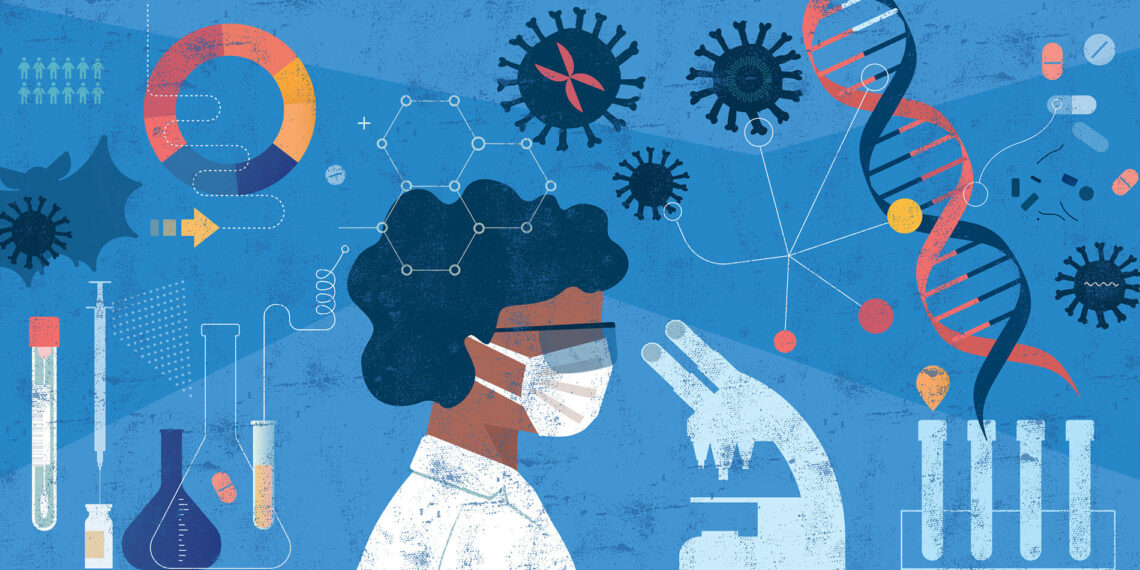
13. Finance
Making decisions in the financial sector requires accuracy, real-time reporting, and the processing of large amounts of quantitative data, all tasks that intelligent machines excel at. Automation, algorithmic trading, chatbots, adaptive intelligence, and machine learning are being quickly integrated into financial processes as the industry recognises the effectiveness and precision of AI. These automated advisors scan market data using AI and algorithms to forecast the best stock or asset based on preferences. Robo-advisors are becoming more and more popular among wealth management companies because they not only save both the company and the client time and money, but they also yield some extraordinary returns.

14. Investing
The finance sector and AI go along like peaches and cream. The robo-advisor, an automated portfolio manager, will be one of the greatest financial trends of 2022. Betterment is an automated financial investment platform and a pioneer of robo-advisor technology that uses AI to learn about an investor and create a tailored profile based on his or her financial goals. These automated advisors scan market data using AI and algorithms to forecast the best stock or portfolio based on preferences. Robo-advisors are becoming more and more popular among wealth management companies since they not only save both the company and the client time and money, but they also yield some amazing results.

15. Social Media
Social media is battling constantly to customise and foster valuable experiences for users with more than 2.77 billion active profiles across platforms like Twitter, Facebook, and Snapchat. AI is extremely beneficial to a sector with billions of users and $45 billion in yearly revenue because of its capacity to organise enormous volumes of data, recognise images, implement chatbots, and forecast cultural developments. Furthermore, advanced machine learning will probably be important in a sector that is under pressure to police fake news, hate speech, and other bad actors in real time.

16. E-Commerce
Businesses can develop close bonds with their customers by integrating machine learning into their e-commerce operations. Algorithms powered by artificial intelligence (AI) personalise the user experience, boost revenue, and create enduring bonds with customers. To develop a more customer-centric e-commerce experience, businesses utilise artificial intelligence to deploy chatbots, forecast transactions, and collect data. Here is how some of the top e-commerce players are utilising AI to increase conversion rates and customer retention.

17. Natural Language Processing
Natural language processing is the use of computational methods for speech and language synthesis and analysis. LivePerson is transforming the world of sales and marketing with conversational AI. With the use of LivePerson’s technology, companies can develop conversational advertisements that engage customers on their websites, social media platforms, and other third-party channels. Consumers no longer need to visit landing sites in order to get customized interactions; they can now do so using their preferred method. Customers have the option of messaging rather than contacting LivePerson, which lowers call volumes, wait times, and expenses. LivePerson’s conversational AI also allows for message delivery. With the help of AI technology, businesses can engage with clients and consumers at the right times to increase conversions and foster long-lasting relationships.
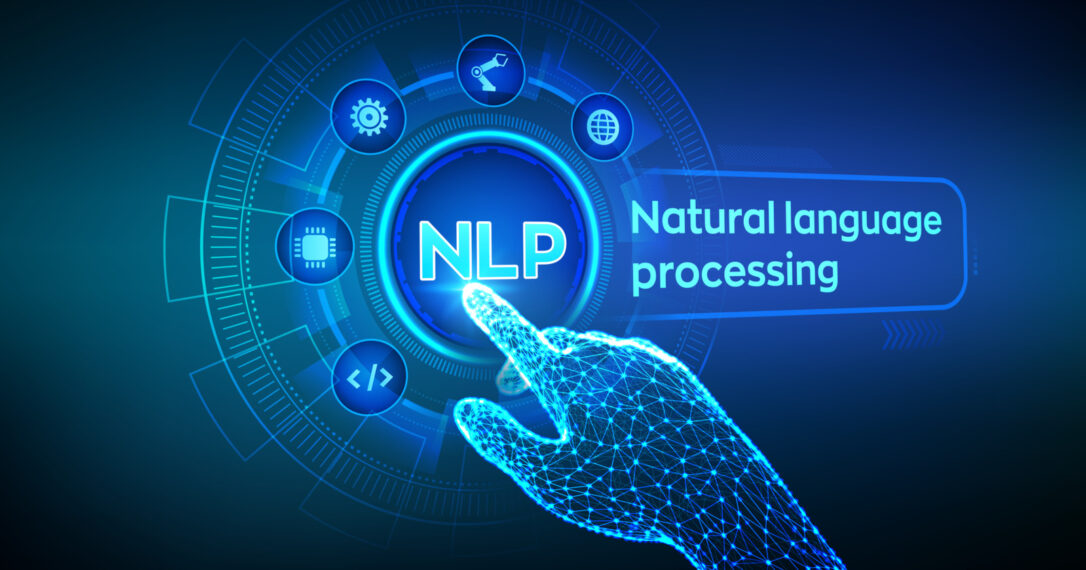
18. Shopping
By using gathered business and customer data to make better business decisions and more precisely anticipate the future, AI can assist today’s online merchants in providing an optimal consumer experience both on and off their ecommerce websites. The e-commerce AI king is Amazon. Whether it’s the company’s suggestions on what to buy, the warehouse robots that collect, sort, and transport things, or the web services that run the website itself, Amazon uses artificial intelligence in nearly every step of its process. With a wide range of AI projects, Amazon has virtually redesigned its economic model. Simply said, if you’ve done anything on Amazon in the previous five years, an algorithm has assisted you.

19. Marketing
Because machine learning has so many applications in successfully managing marketing efforts, marketers are spending an increasing portion of their resources towards the adoption of artificial intelligence. Another justification for the budget hike is none other than the increasingly prevalent availability of AI-powered products to small and mid-sized organisations. Without any human intervention, artificial intelligence is assisting marketers in the generation of comprehensive customer insight reports, the powering of relevant content creation, and the scheduling of more effective business meetings.

20. Business
Automation of once time-consuming marketing tasks is a specialty of the technology. Chatbots, machine learning, and natural language processing are three tools that Drift employs to help businesses schedule more meetings, help customers with product inquiries, and shorten the sales cycle. Drift is being used by organisations like Toast and Zenefits to fulfil quality sales leads quickly, rather than over the course of days. Over 100,000 businesses presently utilise Drift.


